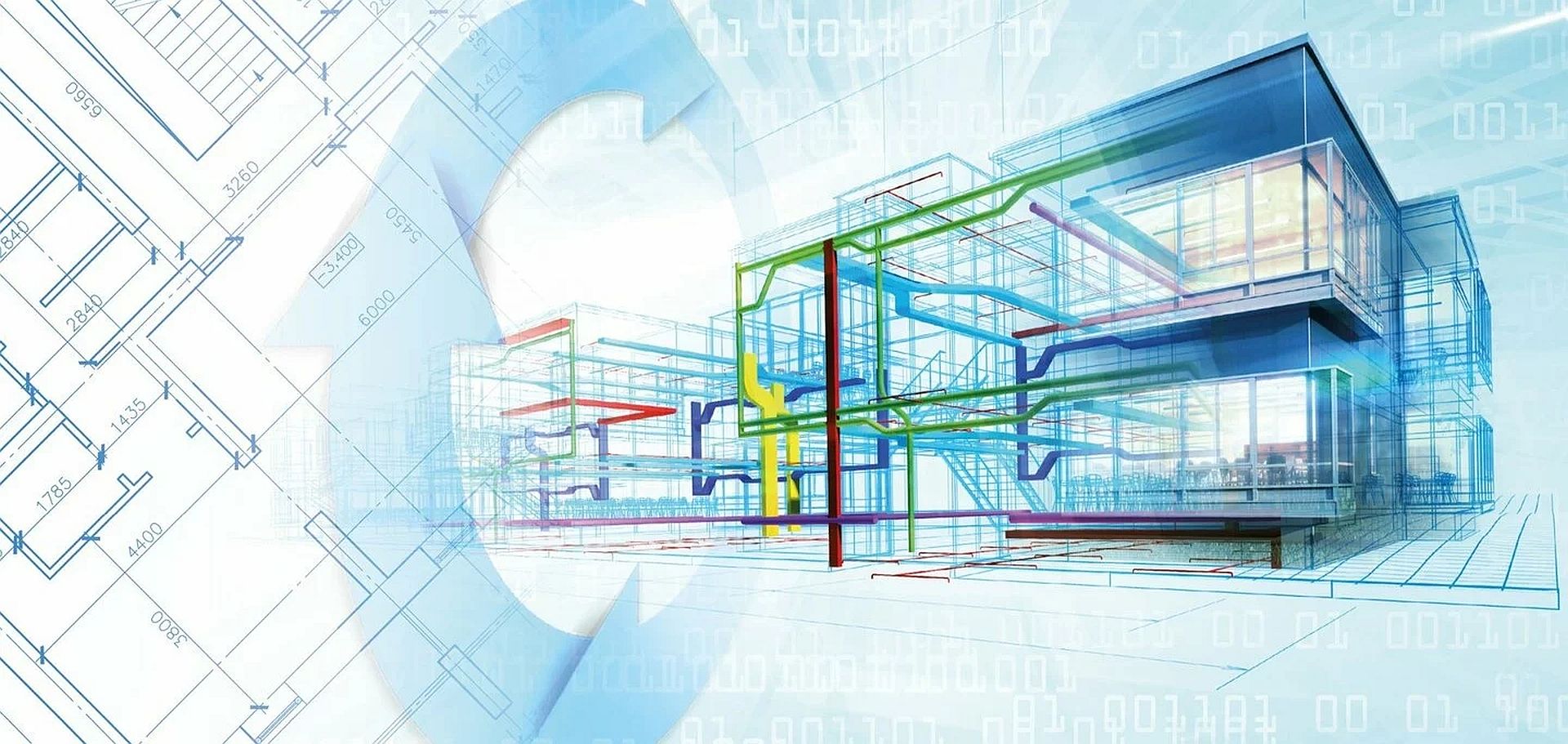Investment professional Wes Paul makes the case at HITT 2021
 |
| New energy sources and smart technologies will control the comfort of people and buildings in the future. / Rendering Drees & Sommer |
London/Augsburg (June 4, 2021). How can sustainability prevail in the hospitality industry? Wesley ("Wes") Paul says, "Sustainability only works if you can make it affordable across a broader spectrum of travellers, we simply can't leave it as the preserve of the rich. Sustainable tourism, in its current form, is an expensive premium product, we must adopt technologies that will make it affordable so that the bulk of tourists can reduce their impact on the environment." Words from a finance, investment and technology professional with 25 years' experience at JP Morgan where he was Global Head of Investments. Today, he invests in technology himself and has solutions at the ready. With his networked thinking, he will open the 4th Hospitality Inside Think Tank (HITT) on 13 September.
With some 1.5 billion people travelling around the globe in 2019 (+4% year-on-year), price increases alone will not stop them in the future, especially after a year of Covid-19 and a half or two of enforced abstinence. To lead tourism as a business into a good, healthy future, the hospitality industry must use technology to its advantage. Wes Paul says, "With a new concerted awareness not just among the public but also among political leaders, the coming decade will be transformational.
 |
|
| Wes Paul: Smart technologies increase the value of the building. / Photo: Gemin-i |
Attitudes are already changing and new regulations will force changes across all sectors, especially tourism – a major contributor to greenhouse gases and environmental degradation. We need to provide solutions: new technologies are on the cusp of this transformation; new energy sources like hydrogen are ready now and even net nuclear fusion could be a possibility by the end of this decade, adding to a growing portfolio of low carbon generating energy sources."
Smarter building technologies make them more efficient, thereby increasing their yield and value to owners; we will tackle pollution in cities as well as the spaces inside buildings. Health and wellness will be a big feature with a post-pandemic enlightenment forcing better biosecurity for travellers, employees and visitors to buildings.
Transformation starts with a change in attitude towards sustainability and there is a lot going on, as data researchers show (see also the link to the contribution by Fflur Roberts from Euromonitor; also a speaker at HITT). Information and education will be key. Future air travel and hotel guests will better understand the impact of their choices on the environment and will want to find providers that can optimise this at the best carbon footprint/cost ratio. Carbon taxes are likely to play a role in this calculus.
Solutions for tourism
Best in class providers will, as always, seek the high ground but to do this they will need to embrace change. Hydrogen powered aircraft? Yes, British Airways is testing one. Air quality management technologies for hotels? Yes, the best hotels are already installing. Near-Zero Emissions from buildings is within reach. We will also see area- or even city-wide solutions for whole communities not just individual buildings or operators. Distributed clean energy solutions, heating, chilling, better water and waste management, will all be underground in the local area, piped into buildings in the community, overcoming complex challenges of refitting or tearing down a building to put up new ones.
Hotels contribute trillions to the value of real estate worldwide. "But not even 1 percent of all real estate is smart, and only around 5-7% of commercial real estate," says Wes Paul. A shocking ratio, especially considering that the real estate economy generally contributes nearly 40% to emissions. Europe is heavily burdened here: In this part of the world, buildings are still generally built for a longer life cycle of about 30-40 years, compared to 25 years in the US and only ten in Asia. We love our very old, very hard-to-retrofit landmark buildings. "There is no industry as closely linked to its real estate as the hospitality industry," says Wes Paul.
Escape from the heat into the house (hotel)
|
JOIN Wes Paul, Executive Chairman and Founder, Gemin-i Analytics on the first day of the HospitalityInside Think Tank, His HITT Impulse: The Decade of Action. Why are Sustainability & Digitalisation the catalysts for change? The big picture, from planning to investing and operating, and its potential for the future growth of the hospitality industry. Wes Paul's vita can be found here. |
|
He gives some simple examples of what our challenges will look like: "Global warming will worsen before we can slow it down. Reversing it is not even an ambition yet. Just as in the long history of humanity we will need to seek refuge from the external environment during the hottest times of the year.
Buildings, not caves, will act as these shelters in the future. They will need to keep us safe, secure and comfortable."
In already hot countries they know how this impacts them. Northern hemisphere summers will become dangerously hot – 40C plus, even 50C in some areas. This is the traditional time for summer holidays and intense travel – will this force a change to spring or autumn, maybe even winter beach holidays? Stranger things have happened. Will we need more air conditioning in buildings than heating? "Again, it's possible. These external forces will need the tourist industry, especially sustainable tourism, to embrace radical change."
Breaking down the concept of sustainability to the hospitality industry is not easy, because this industry is more closely interconnected with people's lifestyles than any other. This is both a risk and an opportunity. Multi-entrepreneur Wes Paul, who describes himself as a "cautious optimist", is confident that any investment in a sustainable environment, construction and operation will pay off faster than expected and will be ahead of the inevitable regulatory tsunami that is on the way. Act NOW!
He provides tangible arguments for this at the HITT. / map
The big topic of the HospitalityInside Think Tank 2021:
SUSTAINABILITY & DIGITALISATION: THE CHANGE DRIVERS.
The Decade of Action: How Sustainability leads the agenda,
how Digitalisation enables it.
You can find the complete programme directly on www.hitt.world or in the attached pdf below.
On the HITT website you will always see all updates, as well as detailed information about the other impulse speakers and all sponsors.
And here you go directly to the registration!
SAVE THE DATE:
HITT, the HospitalityInside Think Tank 2021
on 13/14 September in Munich,
LIVE in a relaxed co-working space and VIRTUAL,
in English language
WE WOULD LIKE TO THANK THE SPONSORS OF THE HITT 2021:
 |
| HITT Think Tank 2021 Programme as of June 23 | |

|
|
|
|
|
Continuative Links:
- May 28, 2021 Building under new priorities - Alex Duckworth of AECOM speaking at HITT 2021: Conversions and BIM make sense
- May 21, 2021 Mercilessly transparent: HITT, the HospitalityInside Think Tank 2021 - Fflur Roberts Euromonitor analyses the Sustainable Natives
- May 7, 2021 The Power Package Digitalisation and Sustainability - The HITT Think Tank 2021 launches in hybrid form in Munich: Register now
To print this article you have to be registered and logged in for newsletter, visitor or subscription.



